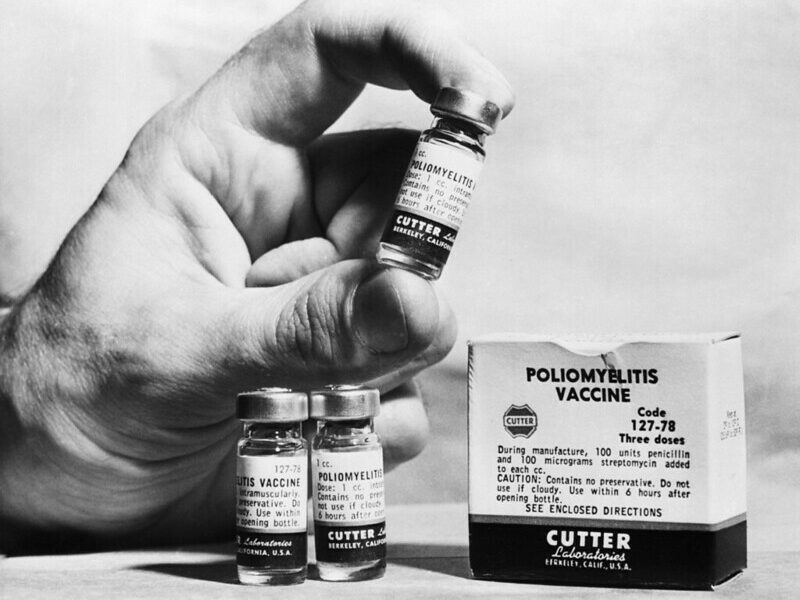The First Case
On March 20, 2015 a 44-year old woman in Monrovia became the first confirmed Ebola case in Liberia in a month [1-3]. Prior to this incident, Liberia had had their last confirmed case on February 19th, 2015, resulting in hopes that the country could be declared Ebola-free by mid-April [2,3].
The head of Liberia’s Ebola Incident Management Team, Francis Karteh, has declared that her condition as stable and she appears to be responding to treatment [2]. Because various media sources have cited that she is the partner of a cured Ebola patient, the suspected route of transmission is sexual intercourse [1]. Ebola is primarily spread through direct contact with bodily fluids, including semen, therefore sexual transmission of the virus is theoretically possible. However, no formal evidence of sexual transmission currently exists [5]. Yet, the virus has been documented in Ebola survivors’ semen and although more research is needed to determine the exact duration, the World Health Organization (WHO) has stated that males who have survived Ebola can transmit the virus in their semen for up to 7 weeks following recovery [4,6]. As a result, the WHO recommends that male Ebola survivors abstain from sexual intercourse (including oral sex) for three months following recovery [4]. If abstinence is not an option, a condom should be used to decrease the likelihood of transmission [4]. Additionally, proper hygiene should be maintained following masturbation to prevent potential transmission of the virus [4,5]. Because there are no documented Ebola cases from sexual transmission, and the duration of semen infectiousness is unclear, there has been debate around this issue. For example, an article recently accepted in Clinical Infectious Diseases states that the three-month abstinence and condom-use recommendation should be extended to err on the side of caution [7].
The Second and Thirds Cases
The recent Ebola patient mentioned above was a street vendor who also sold food at a local community school [3]. She lived in a one-bathroom house located in a Monrovia suburb [3]. The single bathroom was shared between 52 people, allowing for significant potential Ebola exposure [3]. Health officials have since contacted these individuals and are currently monitoring them for signs of infection [3]. Family members and other individuals considered to be high-risk contacts have been placed in quarantine as of Monday, March 23rd [3].
Liberia received yet another setback on Wednesday, March 25, 2015 when two additional Ebola cases were diagnosed [1]. Although it was initially believed that the Monrovian woman was an isolated case, an 18-year old woman who had taken care of her was taken to an Ebola treatment unit on Tuesday, March 24th, after developing a headache and weakness [1-3]. On March 25th she tested positive for Ebola [1]. This secondary case most likely became infected while bathing and caring for the initial case [1].
The third Ebola case is a young man from the New Kru Town area, which is located south of Monrovia [1]. He was taken to an Ebola treatment unit after individuals witnessed him vomiting blood in Clara Town [1]. The exact source of infection is unknown for this third case. However, his girlfriend is believed to be involved in cross-border trade, which may have resulted in exposure [1]. Health officials are in the process of obtaining information on individuals he came into contact with while infectious, so that they can be located and monitored for infection.
The occurrence of these three cases has been a setback for the country. Liberia reported their first Ebola case a year ago on March 24, 2014 [1]. About 4,264 individuals have died of Ebola in Liberia since then [1]. These cases stand as a reminder that proper protective measures must still be employed and that continued vigilance remain critical to stamping out Ebola.
Sources:
- http://www.aa.com.tr/en/rss/483684–liberia-reports-2-new-ebola-cases
- http://medicalxpress.com/news/2015-03-liberia-ebola-patient-month-isolated.html
- http://www.nytimes.com/2015/03/25/world/africa/exposure-concerns-grow-in-liberia-after-diagnosis-of-first-ebola-case-in-weeks.html?hpw&rref=health&action=click&pgtype=Homepage&module=well-region®ion=bottom-well&WT.nav=bottom-well&_r=0
- http://www.nbcnews.com/storyline/ebola-virus-outbreak/who-advises-ebola-survivors-abstain-sex-three-months-n257856
- http://www.who.int/reproductivehealth/topics/rtis/ebola-virus-semen/en/
- http://www.who.int/mediacentre/factsheets/fs103/en/
- Groß JV; Slanger TE; Cullen P; Erren M; Erren TC. Stopping possible sexual transmission of filoviruses. Clinical Infectious Diseases. March 12, 2015.
